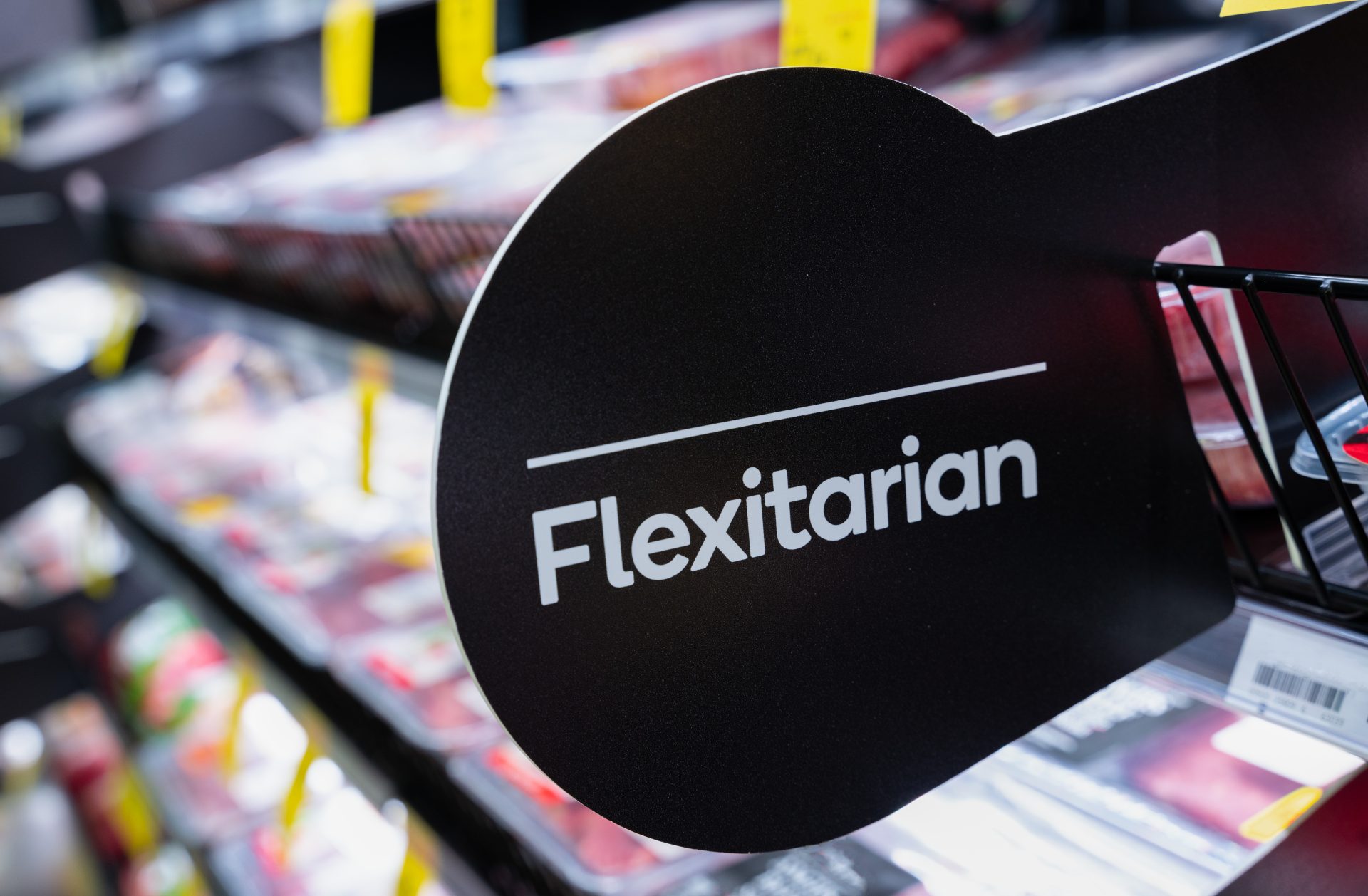Are you looking for a diet that doesn’t involve strict rules and calorie-counting? If yes, look no further than the flexitarian diet!
In simple words, this diet is a mix of the words “flexible” and “vegetarian.” It’s a cross between full vegetarian and vegan that lets you eat animal products from time to time.
Read this article if you want to learn more about the flexitarian diet and the benefits it offers.
What Is the Flexitarian Diet?
Dietician Dawn Jackson Blatner developed the flexitarian diet. His goal was to help people get the benefits of vegetarian eating while also enjoying animal products.
Vegetarians don’t eat meat and other animal-based foods. On the other hand, vegans avoid fish, meat, dairy, eggs, and other animal-based food products. But since flexitarians consume animal products, they aren’t vegans or vegetarians.
This diet doesn’t have strict rules or a suggested number of calories. In fact, it’s more of a lifestyle than a diet and follows these principles:
- Focus on plant-based protein instead of animal-based protein.
- Eat vegetables, fruits, legumes, and whole grains most of the time.
- Stay flexible and include animal and meat products in moderation.
- Eat the most natural and least processed forms of foods.
- Cut down the intake of sweets and added sugar.
The flexitarian diet is a top choice amongst people who wish to eat healthier. This is because of its flexible nature and focus on what to include instead of what to cut,
All in all, the aim is to eat less meat and more healthy plant foods.
Benefits of a Flexitarian Diet
As flexitarian diets are quite new, there’s not a lot of evidence addressing it particularly. Still, it can offer a lot of the same advantages as a vegetarian diet. A 2017 review studied the evidence on flexitarian diets particularly. We will reference the results from this review where necessary.
1. Lower Risk of Diabetes
Type 2 diabetes affects 462 million people, which makes up 6.28% of the world’s population. Eating a healthy, plant-based diet can help prevent and manage this disease.
Research shows that vegetarian diets are better for lowering the risk of type 2 diabetes. This benefit can carry over to flexitarian diets to a certain degree. In fact, the review mentioned above did confirm that people who follow these diets are at a lower risk for type 2 diabetes.
2. Better for the Environment
The flexitarian diet will benefit you and even help the environment!
Livestock is a major source of greenhouse gas emissions. Thus, reducing meat consumption is one of the best things you can do to lower your carbon footprint.
Cultivating plants also requires lesser resources than raising animals to eat. This means that eating plant-based foods will also decrease water and land use. Reduced land and water use will help to preserve the planet.
Plus, it is a good idea to avoid lamb and beef when you eat meat. This is because farming these animals leads to high emissions of greenhouse gases.
3. More Savings
Flexitarian diets do not depend on special, difficult-to-find ingredients. Plus, they don’t include anything more costly than what you will ordinarily buy.
If you presently eat a lot of meat, it’s possible that you will save money by adopting a flexitarian diet. This is because you will substitute the most expensive part of many meals with cheaper items.
This claim is even backed by research, as vegetarians save almost $750 on food every year! As a flexitarian, your savings might not be this much, but you’ll still save plenty of money.
4. Improved Weight Management
A flexitarian diet might even help you manage your weight. This might be because flexitarians usually limit processed and high-calorie foods.
Many studies show that people who have a plant-based diet might lose more weight as compared to those who don’t. Moreover, studies also say that people who eat vegan diets usually lose more weight than omnivores and vegetarians.
The flexitarian diet is more focused on plant-based foods. Hence, it can help with weight but maybe not as much as a vegan diet would.
All in all, the main goal of a flexitarian diet isn’t to lose weight. It focuses on adding healthy foods such as vegetables, fruits, and legumes, to your diet.
5. Easy to Follow
Another amazing benefit of a flexitarian diet is that it is easy to follow. The best thing about this diet is that you can make it work for yourself instead of sticking to some strict rules.
For instance, you might enjoy eating plant-based food at home. But you might have a craving for a meat item when you’re at a restaurant. The benefit of being a flexitarian is that you can have meat in such situations without compromising your diet.
Many times, the flexibility takes the sting out of being a strict vegan or vegetarian.
6. It’s Rich in Nutrients
When you follow a flexitarian diet, you will be eating more nutrient-rich foods. Nutrient-rich foods contain plenty of nutrients for a little amount of calories. In plain words, these foods give you what your body requires without leading to weight gain.
Research confirms that vegetarian diets have more nutrient-rich foods than non-vegetarian diets. Again, this isn’t particularly for flexitarian diets. Still, adding more plant-based foods to your diet will help you eat more nutrient-rich food. Some of the most nutrient-rich foods include salmon, blueberries, egg yolks, etc.
Last Few Words
A flexitarian diet focuses on healthy plant-based proteins. But at the same time, it allows you to eat meat and animal products from time to time.
This diet can help you lose weight, save money, and lower the risk of type 2 diabetes. Additionally, it might also be good for the environment.
All said and done, make sure to plan your flexitarian food choices. Doing this will prevent nutritional deficiencies and offer the highest health benefits.



